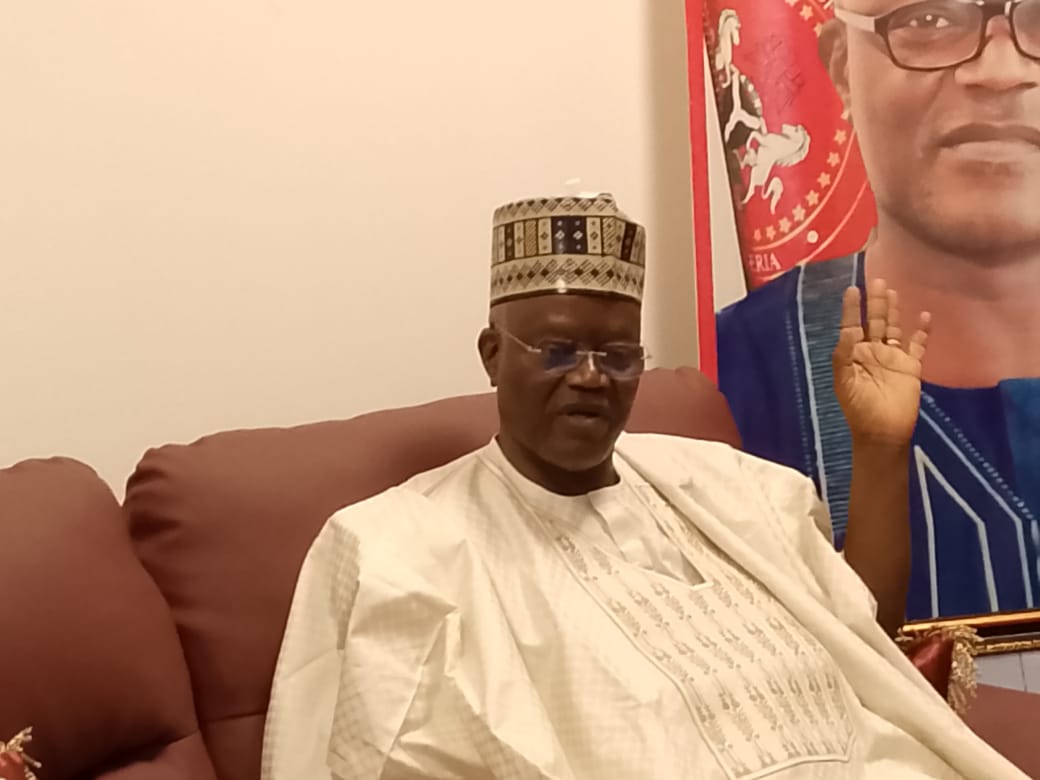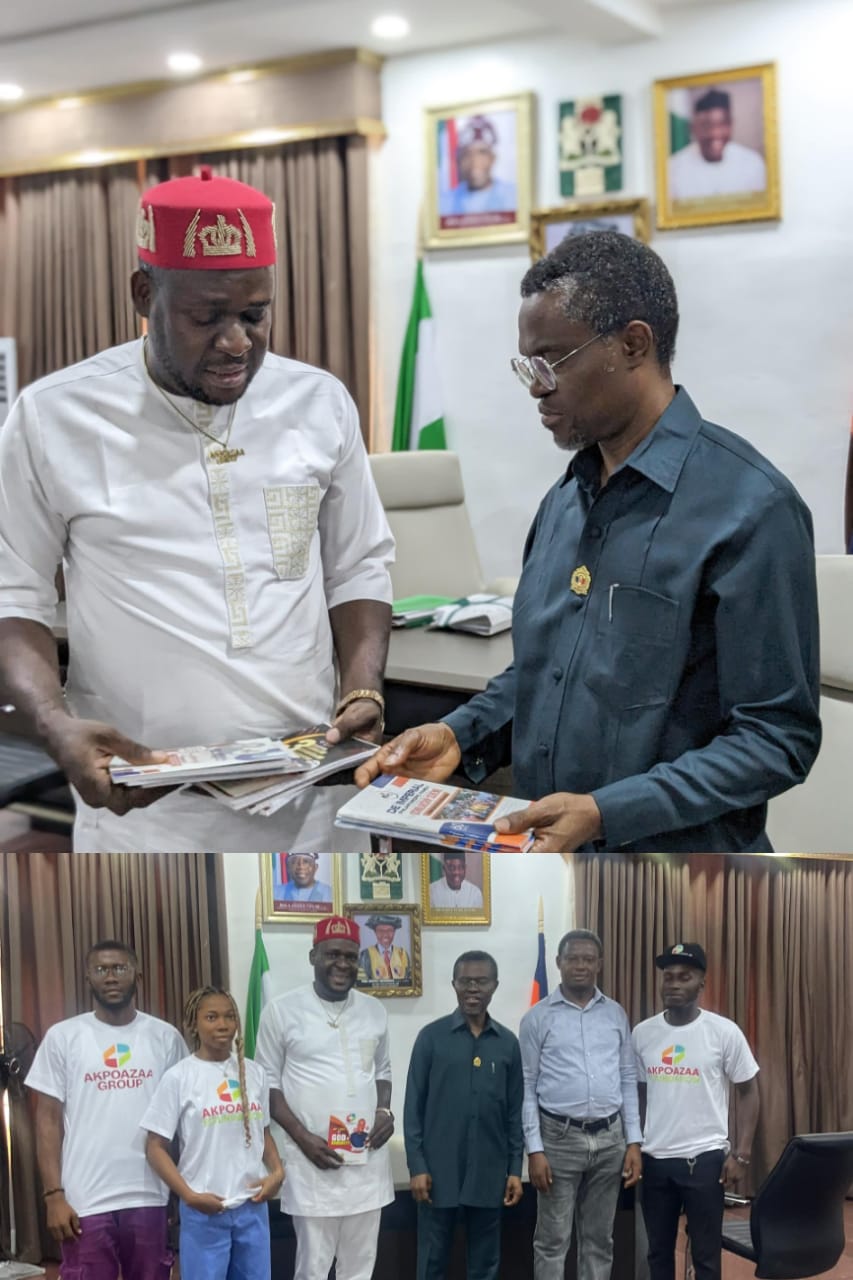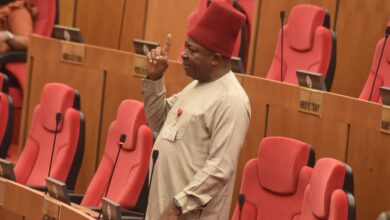
By Fatima Saka
In a call for economic diversification, Senator Peter Ndalikali Jiya, representing Niger South Senatorial District, has stressed the need for Nigeria to reduce its reliance on oil and embrace a broader economic strategy free from vested interests.
Speaking on the necessity of bold leadership, the senator emphasized that achieving sustainable growth requires courage and a commitment to national interests over personal gains.
The senator representing Niger South Senatorial District made this assertioned during interaction session with the Journalists on Tuesday in Abuja on the 2025 budget defence evaluations.
He highlighted the health sector as a critical area of concern, pointing out the massive amounts spent on medical tourism. “We spend an enormous amount of money seeking medical care abroad. This must change,” he stated.
He also underscored the importance of education, calling it the foundation of the nation’s future. “Basic and tertiary education should be top priorities. If not for private schools, Nigeria’s educational system would have completely collapsed,” he added.
Senator Jiya acknowledged the challenges facing the education sector but expressed hope that the current administration would focus on developing other industries, particularly solid minerals. “Sometimes, it’s not just about the availability of resources but about the policies and their implementation. The government must create an enabling environment for private investors to develop the solid minerals sector for national benefit,” he said.
FG Launches National Strategic Plan of Action on Cholera Control in Nigeria
Drawing from his experience in Niger State, the senator emphasized the potential of agriculture and solid minerals to drive economic transformation. “Niger State has the largest landmass in the country and extensive inland waterways for farming. My governor is doing his best to showcase agriculture, which, along with solid minerals, forms the backbone of our state’s economy.”
He linked food security to national security, stressing that self-sufficiency in food production would not only improve livelihoods but also position Nigeria as an exporter. “People are struggling because there isn’t enough food. Once we achieve food security, we can explore other opportunities for growth,” he added.





